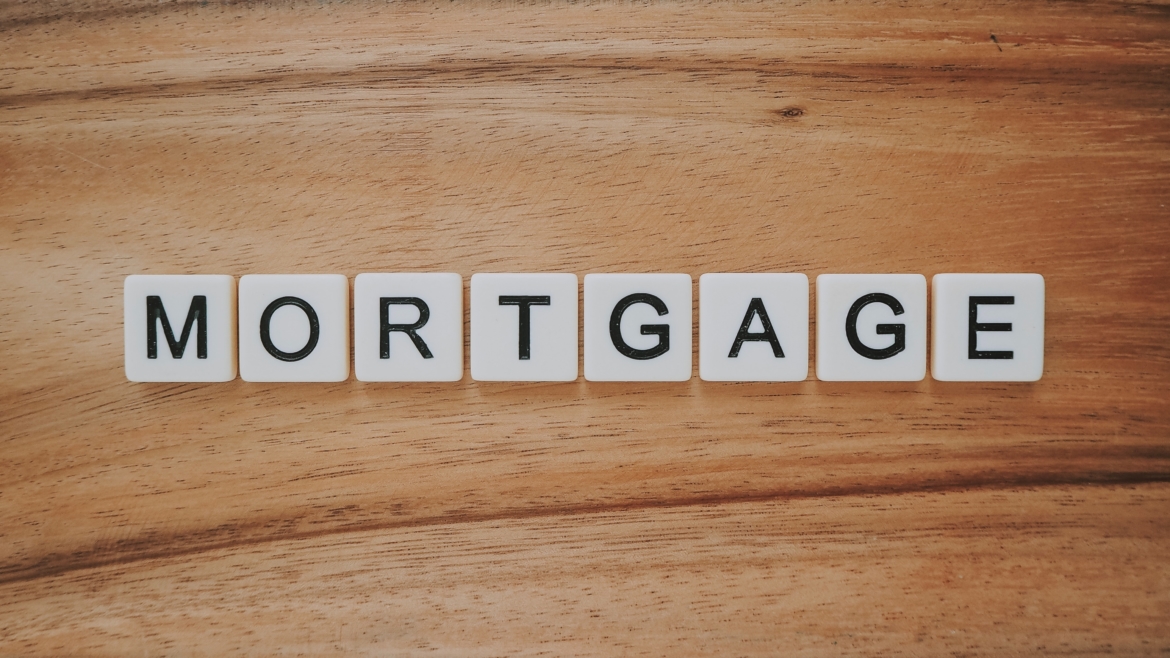You must have come across the term ‘mortgage’ many times while going through your loan application and wondered what it means. Simply put, it is a kind security. When the financial assistance availed from a bank or NBFC is a secured one, collateral has to be provided. Below is a simple primer to help you understand what a mortgage loan is.
What is a mortgage?
A loan which is backed by security over property or real estate is called a mortgage backed loan. Several types of loan can be in the nature of a mortgage backed loan, home loan being the most common one. Legally speaking, mortgage refers to a security interest which can be created on any immovable property.
Who can take a mortgage loan?
There are different categories of mortgage loans which kind of availed depending on the profile of the borrower. When an individual avail a loan, usually the mortgage is created over a piece of property or house of land. When a commercial entity avails a mortgage loan, it can also be created over commercial spaces, including flats or parcels of land.
Loan against property means that the borrower can avail a huge quantum of money, by simply offering security over property. However, the borrower must pay close attention to the repayment schedule decided by the bank as well the foreclosure charges that can be levied by a bank in case of an early repayment of the loan.
Loans against property usually has a smaller EMI to paid over a longer period of time. The repayment tenure is usually 15 years. Most banks offer very attractive interest rates for availing a loan against property. This makes it a lucrative option for many borrowers.
Is there any restriction on the ways in which you utilise the loan amount which has been given as a loan against property?
Banks do not specify any end use of the money advanced against the security of property. The borrower is free to utilize the amounts for an upcoming emergency or even financing business plans. Self-employed and business professionals are also eligible to avail a mortgage backed loan.
What are the different types of mortgages that are legally permitted to be created in India?
Two common types of mortgages which are popular in India are a registered mortgage and one by way of deposit of title deeds. In case of the former, the deed is signed by the security provider and the bank is usually registered with the sub-registrar of assurances within whose jurisdiction the mortgaged property is located. If there a default by the borrower in the repayment of the loan, the bank has the power to sell off the mortgaged property without involving the court in the process. This one of the reasons by a registered mortgage is often the preferred choice of creation of security for the banks.
The other method of mortgage creation involves the deposit of title deeds relating to the property to be mortgaged. These land documents are handed over the bank or an agent of the bank and the mortgage is created by recording the delivery of these documents.
What kind of documentation needs to be furnished for availing a mortgage backed loan?
The application process for a mortgage backed loan is usually hassle free when compared to a commercial loan. The borrower will have to provide the duly filled in loan application, proof of identity, proof of income and address, documents evidencing the ownership of the property which is to be mortgaged. In certain cases, banks may undertake a valuation of the property to be mortgaged.
In case of commercial entities, it is possible to create a mortgage over a land which has been obtained on lease if the terms of the lease deed permit creation of security over such property. Usually, a consent letter from the lessor (the person or organization which has provided the lease and is the actual owner of the property) would be required, permitting the creation of mortgage over such property. Along with the application form and proofs of identity, address and income, you will also have to submit the ownership documents along with a property valuation report. Remember, to state the correct information as the lender will verify all the information furnished.

